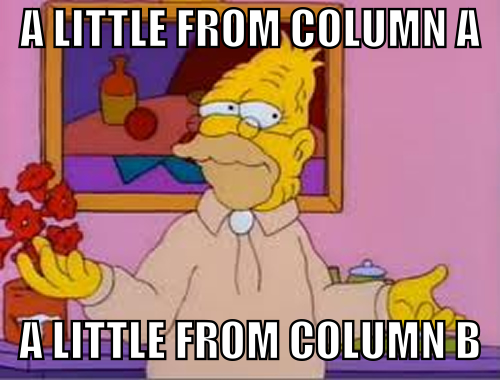A fun bit of historical linguistics as we think of relatives who can and can’t be with us in the holiday season: The Welsh for uncle is ewythr.
Do you think the English and Welsh words might be related?
Do you think the English and Welsh words might be related?
The gut response is probably, “Well, I wouldn’t have thought so, but since you ask the question…” In fact, the answer is kind of yes and kind of no.
So let's take a look at where these words come from...
Ewythr is descended from a proto-Celtic form something like *auentro (the Breton word is eontr). That’s formed of a root *auos plus a suffix.
Ewythr is descended from a proto-Celtic form something like *auentro (the Breton word is eontr). That’s formed of a root *auos plus a suffix.
You probably won’t be surprised to learn that Celtic *auos was cognate with Latin auus, which meant grandfather. In Proto-Indo-European, the common ancestor of Latin and the Celtic languages (among many others), it seems to have referred to a maternal grandfather or uncle.
Now, the Latin word for uncle was a diminutive of this (so you could sort of gloss it as something like “little grandfather”): auunculus (whence the English word avuncular).
Auunculus was formed from auus plus the diminutive suffix -unculus, which was actually a form of the suffix -culus that had acquired an extra -un- from having been used on words with -n- in the root (e.g., homo, of which the root was homin-, had the diminutive homunculus).
You can probably see where this is going. The initial unstressed vowel in auunculus got lost on the way to French, which ended up with oncle. It was borrowed into English in the Norman period as uncle.
If you’ll excuse a bit of Christmas whimsy: This is the story of how a brave little suffix stole a syllable from some nouns it hung out with and then piggybacked on auus to ride into modern European languages as a noun in its own right.
But is uncle related to ewythr? I mean, yes. It wouldn't exist with that meaning were it not for a cognate of ewythr. But there's pretty much nothing of that cognate left in the word uncle.
So while I think ewythr and uncle are related, I'm not sure I'd confidently call them cognates.
A little coda to this is that, in entering English, uncle pushed out a native term, eam.
And where was the word eam from? You guessed it! It was the Old English cognate of Welsh ewythr and Latin auus! It apparently still exists in Scots as eme.

 Read on Twitter
Read on Twitter


